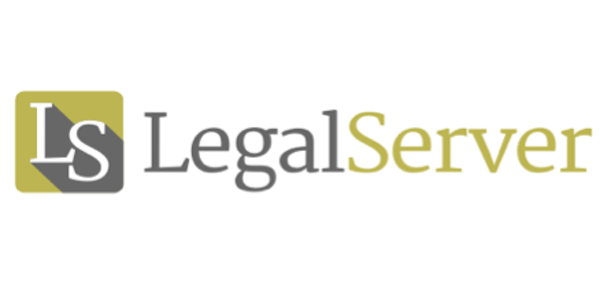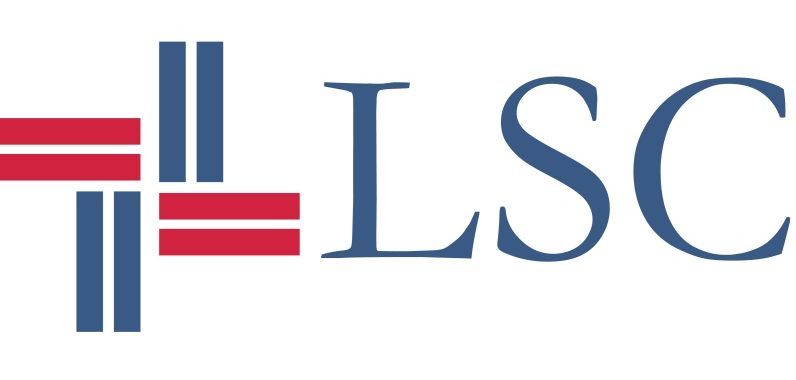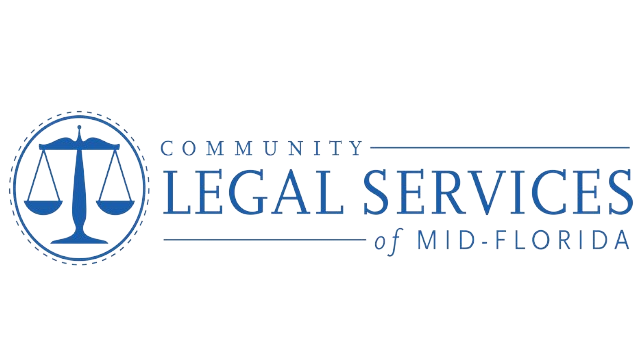After two years of development, we’re pleased to share a reportback from our successful Florida Legal Aid Resource Federation pilot!
Initiated in 2016 (see our original post here) and completed in 2018, the Florida Legal Aid Resource Federation (FLARF) was a complex project with a straightforward mission:
We aimed to ensure that accurate information about Florida’s legal aid services can be reliably updated by legal aid providers in one place – one official record! – and subsequently shared as standardized, canonical open data.
The pilot phase of this project has concluded successfully!
This mission took a major step in the direction of our ultimate goal: to ensure that reliable information about legal aid resources is easy to find and use in any number of ways that might help people find legal help.
We are thankful for the support of the Legal Services Corporation (LSC) and the Florida Bar Foundation (FBF), and for leadership from Community Legal Services of Mid-Florida, as well as Legal Services of Greater Miami, Three Rivers Legal Services, Coast to Coast Legal Aid of South Florida, and Bay Area Legal Services.
§
The FLARF pilot yielded a ‘beta’ information-sharing system through which information is provided by every organization that receives grants from LSC or FBF, the project’s primary funders. (This includes about 90% of the legal aid resources in the state!) This information is now accessible to each legal aid provider in Florida within their own case management system – improving their ability to refer clients from one legal aid provider to another.
We’re now beginning work on additional implementations that will make this data accessible through more and more channels (such as through integration with resource referral call centers, medical-legal partnership programs, even just better search results in Google, etc).
Read our complete final report on this project here, and embedded below.
This report includes detail on what, specifically, FLARF built; how we built it; what we learned; and what we recommend should come next.
§
It’s elaborating here on several factors that were critical in enabling this pilot project to succeed:
First, legal aid funders like the Legal Services Corporation already require their grantees – as a condition of their contracts – to publish directory information about their services to the public. This requirement often lacked adherence, in part because the available tools for sharing such information were hard to use and also siloed from each other. We’ve simply made it easy for grantees to comply with their already-existing requirement to share this information (and also, crucially, we’ve made it easy to monitor their compliance ;).

Second, in Florida every LSC-funded legal aid provider uses the same software: LegalServer, whose vendor was enthusiastic about developing these new capacities for standardized information-sharing. That said, we made sure to develop our tools with open standards, open methods, and when possible with open source licensing, so that other communities could replicate this approach in more heterogeneous technology landscapes.
 Third, the Legal Services Corporation has a Technology Innovation Grant program, and the Florida Bar Foundation also has a history of investing in legal aid technology innovation. This commitment to collaborative innovation from the field’s funders enabled us to have the resources and support that are so essential for any effort to do something new and unknown in these fields.
Third, the Legal Services Corporation has a Technology Innovation Grant program, and the Florida Bar Foundation also has a history of investing in legal aid technology innovation. This commitment to collaborative innovation from the field’s funders enabled us to have the resources and support that are so essential for any effort to do something new and unknown in these fields.
All together, we believe this is a promising step forward not just for Florida, but the whole legal aid field – and, for that matter, across the health, human, and social service sectors.
Through this kind of cooperation, across funders, grantees, vendors, and users, we can build technologies that promote the agency of people who need it the most.
Stay tuned for more details about advances in the field of legal aid in general, and new projects that build upon FLARF’s infrastructure in Florida!


Leave a Reply